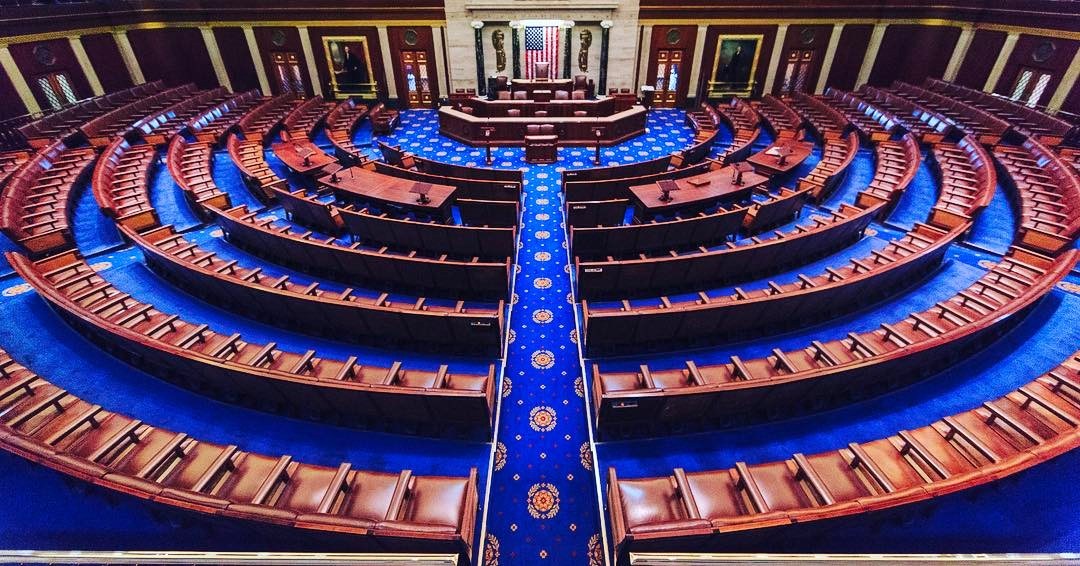
Dennis V. Hickey, James F. Morris Endowed Professor of Political Science, Missouri State University
Jan 29, 2018
On Jan. 9, the U.S. House of Representatives passed the Taiwan Travel Act (H.R. 535) by voice vote. This bill ought to die in the Senate: it is frivolous, unnecessary, and provocative. Here’s why.
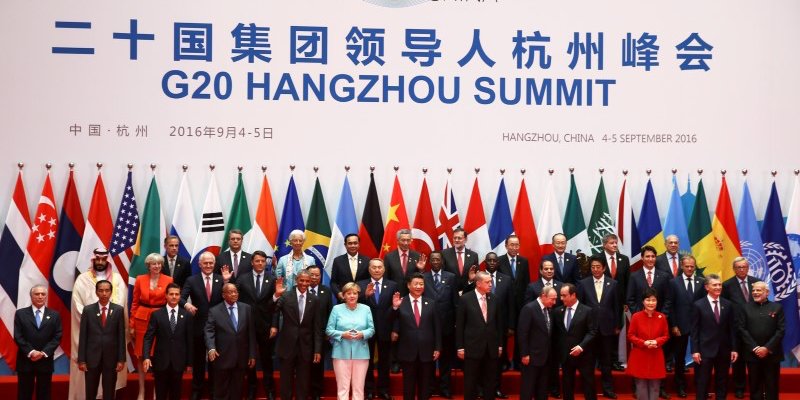
Wang Fan, Vice President, China Foreign Affairs University
Jan 25, 2018
Since the CPC's 18th National Congress, China has approached global governance, international order, international security cooperation, and other hot issues.
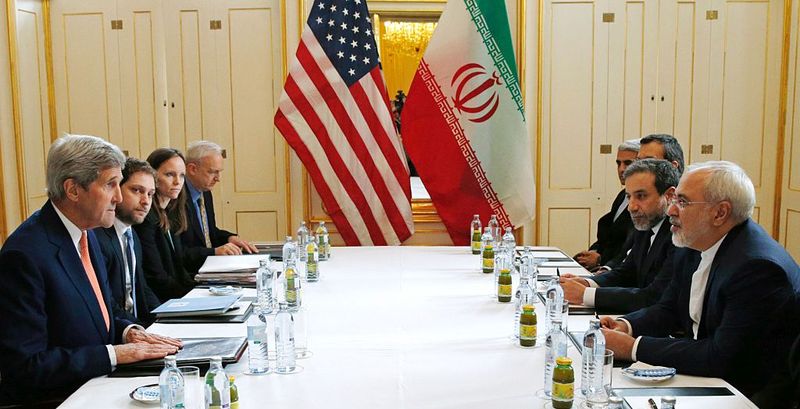
He Wenping, Senior Research Fellow, Charhar Institute and West Asia and Africa Studies Institute of the China Academy of Social Sciences
Jan 25, 2018
Irresponsible unilateral scrapping of the agreement will turn years of international cooperation into dust and ashes.

Tao Wenzhao, Honorary Member of the Chinese Academy of Social Sciences; Fellow, CASS Institute of American Studies
Jan 25, 2018
American paranoia at China’s so-called “sharp power” is at odds with China’s far more limited cultural influence globally compared to the US’.
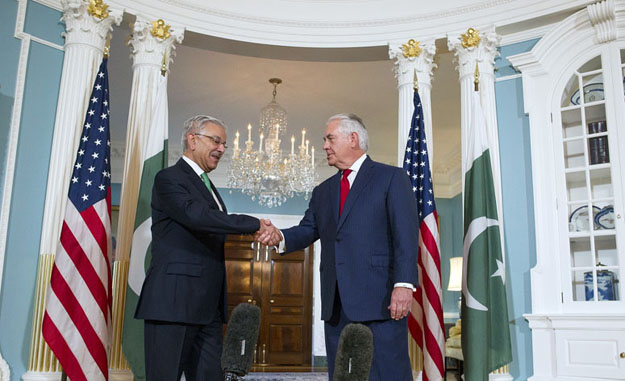
Wang Zhen, Professor and Deputy Director, Institute for International Relation Studies, Shanghai Academy of Social Sciences
Jan 25, 2018
Cooperation needs to be based on common goals and interests, as well as mutual respect and understanding, rather than rude accusation and coercive pressure.
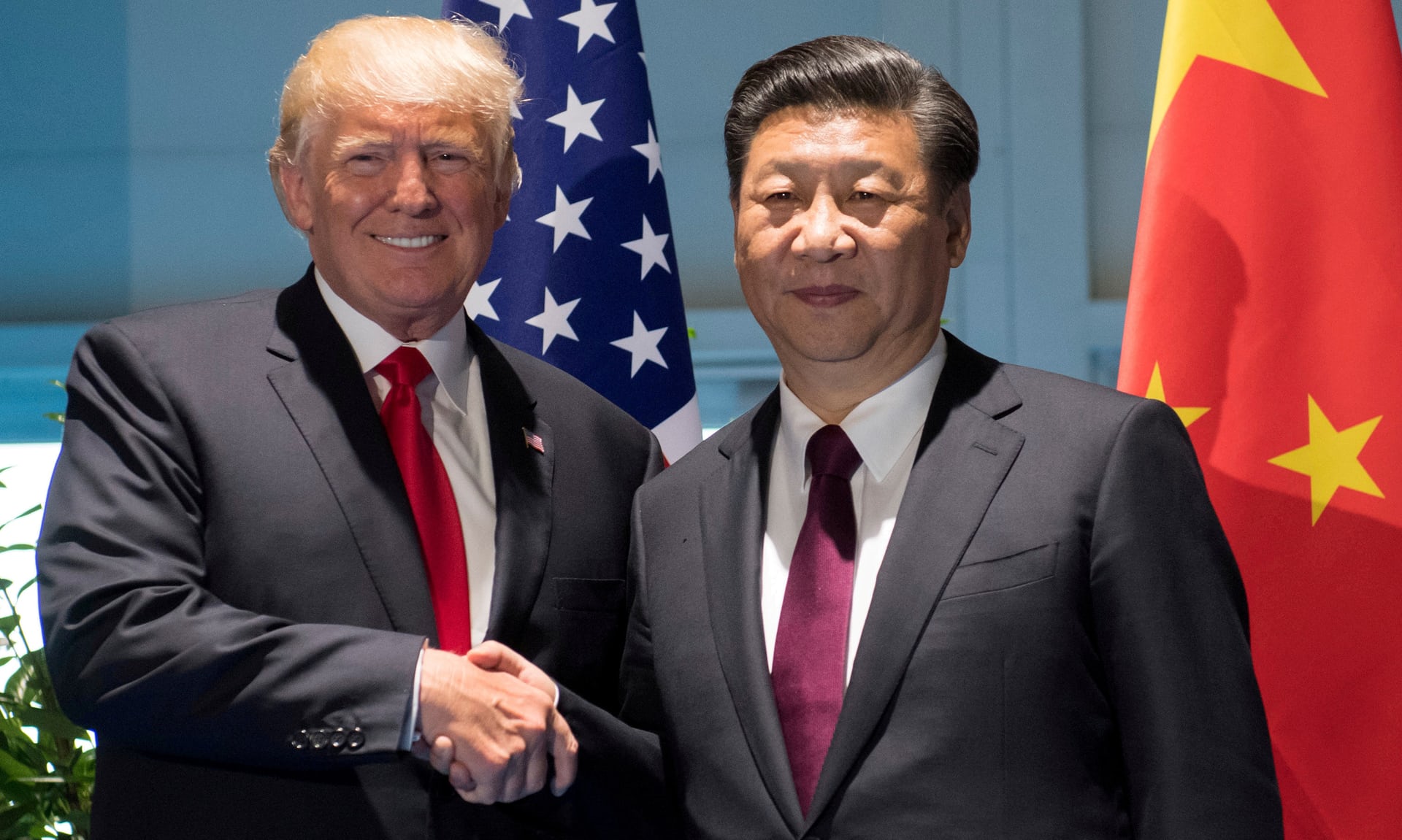
Chen Xiangyang, Director and Research Professor, CICIR
Jan 23, 2018
As Trump pulls the US back from the world stage, China steps up.
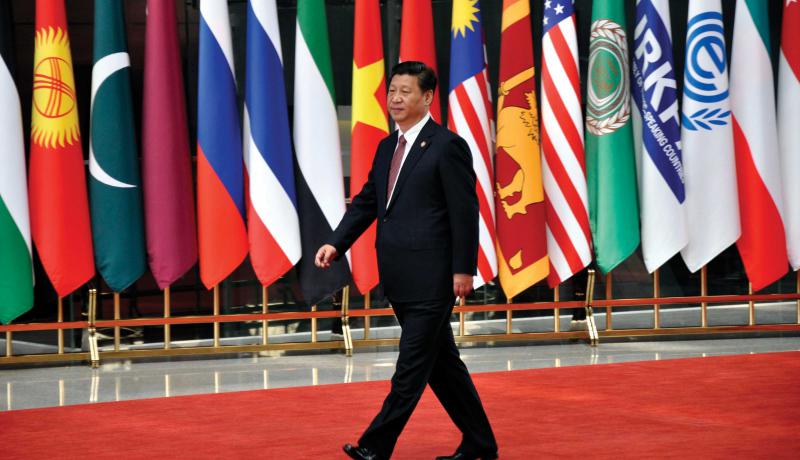
Yin Chengde, Research Fellow, China Foundation for International Studies
Jan 23, 2018
Xi Jinping’s thought on diplomacy has steered China’s diplomacy from success to success, and serves as a guide for maintaining world peace, and development.
Tung Chee Hwa, Chairman Emeritus, China-United States Exchange Foundation
Jan 19, 2018
Serious effort is needed to bridge the trust gap between the U.S. and China.
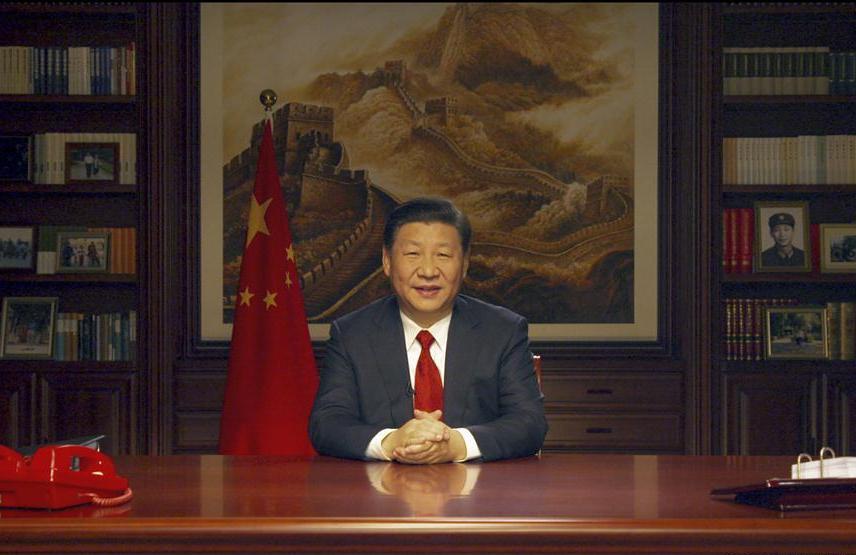
Yin Chengde, Research Fellow, China Foundation for International Studies
Jan 18, 2018
Xi Jinping’s thought on diplomacy has steered China’s diplomacy from success to success, and serves as a guide for maintaining world peace, and development.
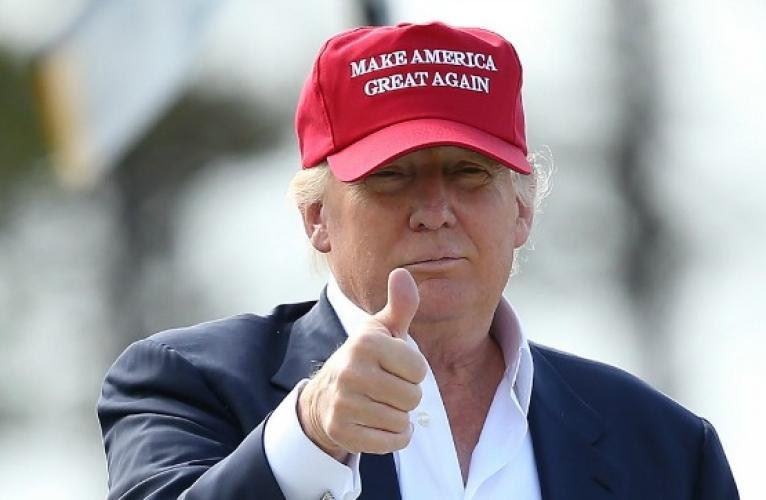
Sun Chenghao, Fellow, Center for International Security and Strategy of Tsinghua University; Munich Young Leader 2025
Jan 18, 2018
How has US foreign policy changed under Trump? The most revolutionary part of Trump’s foreign policy in the past year is his attitude and actions towards global governance, multilateral regimes, institutions and agreements.
Back to Top

- China-US Focus builds trust and understanding between the U.S. and China through open dialogue among thought leaders.
- Our Offerings
- Topics
- Videos
- Podcasts
- Columnists
- Research Reports
- Focus Digest
- Stay Connected
-
Thanks for signing up!
- Get the latest stories from China-US Focus weekly.